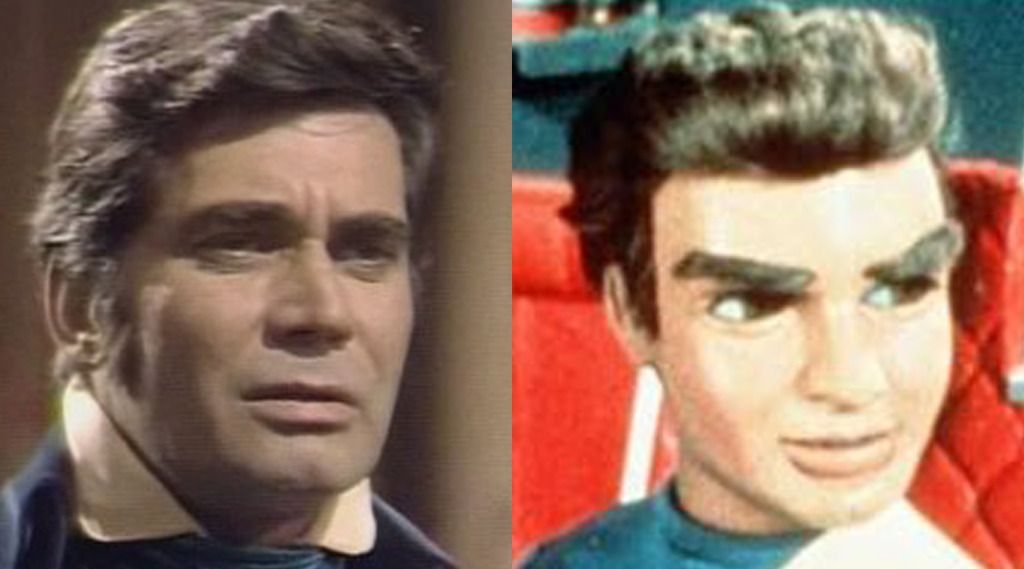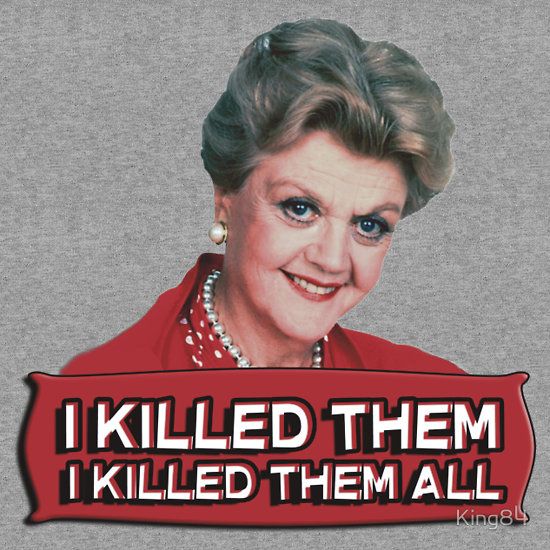Just you wait...the most memorable Batman/Joker moment in the series is yet to come next season. Hint: Swimming trunks.The Water supply turned into jelly? Finally, something that makes the Super Friends seem serious.

Given that by her own account, Lesley had known her sexual orientation since she was 20...the same year of her life that this episode was produced...I have to assume that the feeling wasn't mutual....and playing hot and heavy with Leslie Gore. Apparently, Burt Ward was very turned on by Miss Gore during the production of this episode.
Didn't know that. Not sure if they've already switched it at the point where I am or not.The first music box tune--ABC library music composed by Robert Farnum; its almost forgotten as it was short lived in favor of series composer Robert Colbert's replacement theme.
If only Willie had been composed enough to phrase it that way. No, it was always "You gotta get outta heah--NOW!!!"Well, in light of the recent attacks around Collinsport, being safe at home once the sun goes down could be the way the ladies took his advice.
Yeah, I recall that gets brought to the fore again within this block of episodes, when the little girl starts showing up...the ghost of Barnabas's little sister, IIRC.Not plot. Long before the Barnabas story, the Old House was already haunted by dead, former occupants--including Josette, so to the regular DS viewer, they knew the house was not at all limited to three people.
Pity if that's the case...Barnabas's gentle way of handling David is about the only thing that makes David's scenes tolerable.The plot thickens, and now David is climbing up the "Barnaabas Enemies" chart.

I don't remember that...was it an immediate between-episodes replacement, or does the character go away for a while and come back as a new actor?Its not about Burke as a character, since Anthony George replaced Ryan (alcoholism) as Devlin. George went on to take the role of Barnabas' uncle-turned rival of Josette, Jeremiah Collins, keeping the "enemy with the same face" theme going in two time periods.
ETA: Looked it up and answered my own question...looks like the character just took a few weeks off before popping back up with a very similar-looking actor. Given my past difficulty telling Burke and Joe apart, I probably didn't even notice in prior casual viewing of scattered episodes.
Last edited:

 Aww! Good 'ol John Karlen is from Brooklyn! His accent lent authenticity to Willie!
Aww! Good 'ol John Karlen is from Brooklyn! His accent lent authenticity to Willie!


 The subject of accents in TV and movies always crack me up-- people get so uptight about it. Of course, I only notice if something's off when they try to do Massachusetts or New England accents, and often not even then (the funniest is when somebody supposedly from Boston sounds like a bad Kennedy impersonation-- those guys have their own private accent). But there are so many accents, even mini regional accents (you can tell, in many cases, if somebody is from South or from Rozzie), that it's really not reasonable to expect everything to be accurate. I'm in the middle of doing an OTR homage and trying to find somebody who will do a bit part of an Irish informant in 1930s Boston-- I just want somebody who can do a Chief O'Hara imitation.
The subject of accents in TV and movies always crack me up-- people get so uptight about it. Of course, I only notice if something's off when they try to do Massachusetts or New England accents, and often not even then (the funniest is when somebody supposedly from Boston sounds like a bad Kennedy impersonation-- those guys have their own private accent). But there are so many accents, even mini regional accents (you can tell, in many cases, if somebody is from South or from Rozzie), that it's really not reasonable to expect everything to be accurate. I'm in the middle of doing an OTR homage and trying to find somebody who will do a bit part of an Irish informant in 1930s Boston-- I just want somebody who can do a Chief O'Hara imitation. 
